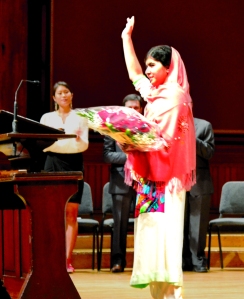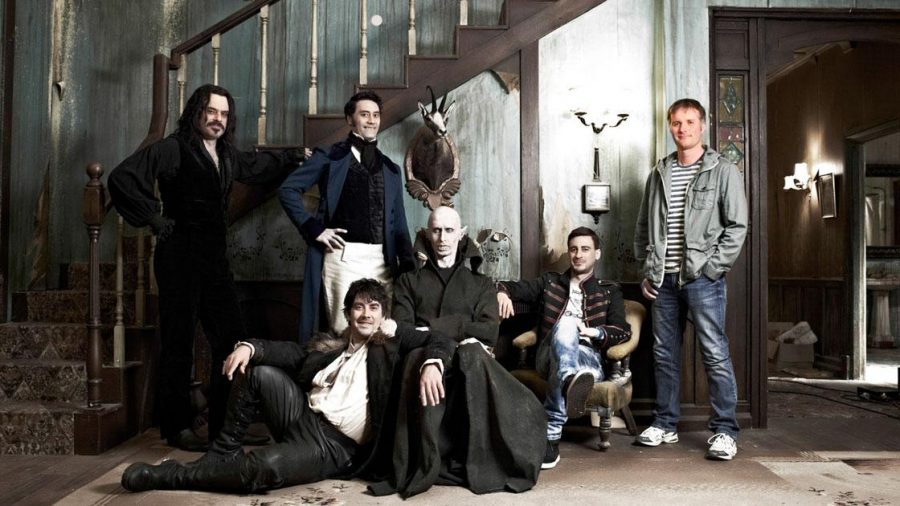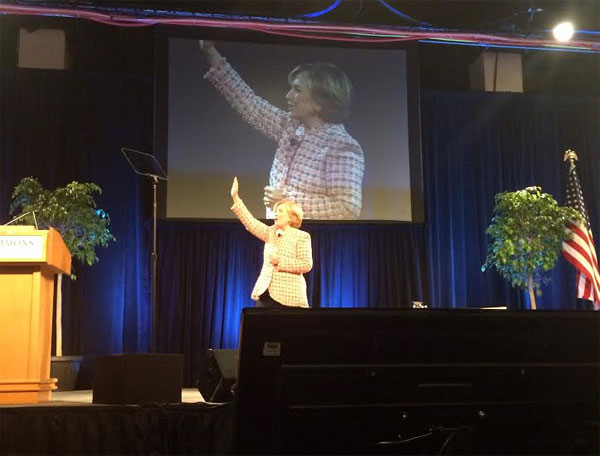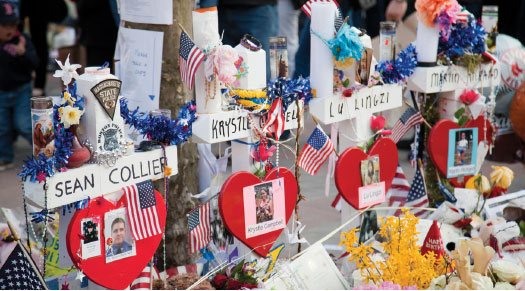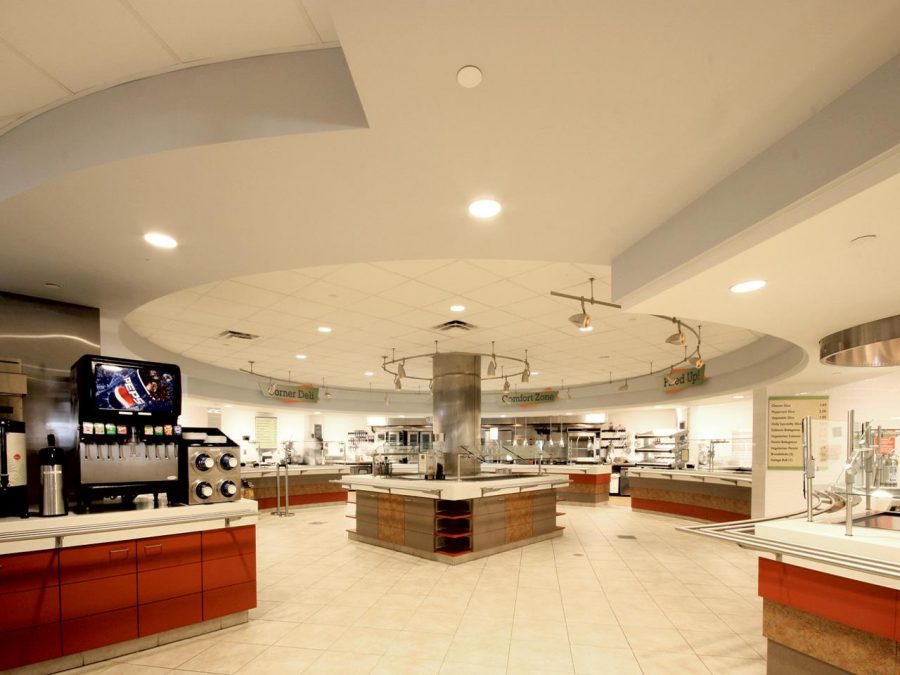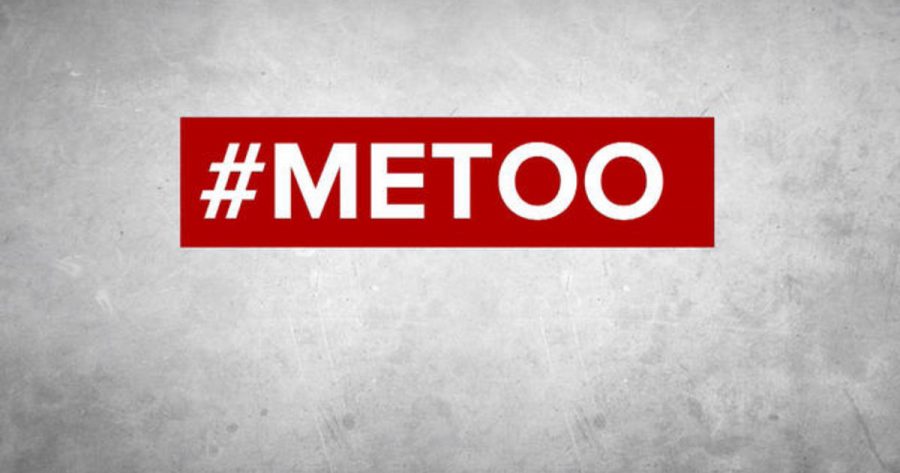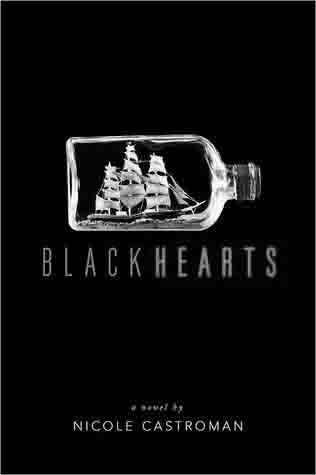By Sarah Kinney
Staff Writer
She appeared tiny in the gothic-style Sanders theatre, less than half the size of the James Otis and Josiah Quincy statues that flanked the stage, and surrounded by nearly 1,000 people. Yet her voice was anything but small.
“We raised our voice for the power of education,” she said.
On Friday, Sept. 27, Harvard University presented the Peter J. Gomes Humanitarian of the Year award to Malala Yousafzai, an advocate for gender equality in education.
Yousafzai was just 15 years old when the Taliban shot her on her way home from school in the Swat District of Pakistan, a little over a year ago. In early 2009, she had started to blog under a pseudonym for BBC, detailing life under Taliban rule and specifically promoting education for girls.
During her speech at Harvard, she explained how she and other girls would hide books under their shawls to pretend that they were not going to school.
“Let us remember that even one book, one pen, one child, and one teacher can change the world,” she said.
Yousafzai is also a supporter of non-violence. She was the winner of Pakistan’s National Youth Peace Prize and was nominated for the 2013 Nobel Peace Prize.
“A war can never be ended by a war,” she said. “We demand the world powers ‘if you want peace, don’t send guns, send books. Instead of sending soldiers, send teachers. Instead of sending guns, send pens’.”
Director of the Harvard Foundation S. Allen Counter called Yousafzai, “a refreshing new voice on the world stage.”
“Let us reflect on the power of one student voice to move many,” added Paula Johnson, executive director of the Connors Center for Women’s Health and Gender Biology at Brigham and Women’s Hospital.
Yousafzai joins previous winners of the Humanitarian Award Martin Luther King Sr., Tommy Hilfiger, Lionel Richie, Bishop Desmond Tutu, James Earl Jones, and others.
Harvard also gave an appreciation award to Junaid Khan, the neurosurgeon credited with saving Yousafzai’s life.
Khan was the head of neurosurgery at the Peshawar hospital where Yousafzai was first treated.
“I believe that God saved my life; prayers saved my life; and of course, Colonel Junaid saved my life,” Yousafzai.
“She was extremely lucky that day to be in the company of Doctor Junaid Khan,” said Jeffery Flier, Dean of the Faculty of Medicine at Harvard.
Khan simply said after receiving his award, “I am so happy to see Malala progressing for a global cause.”



